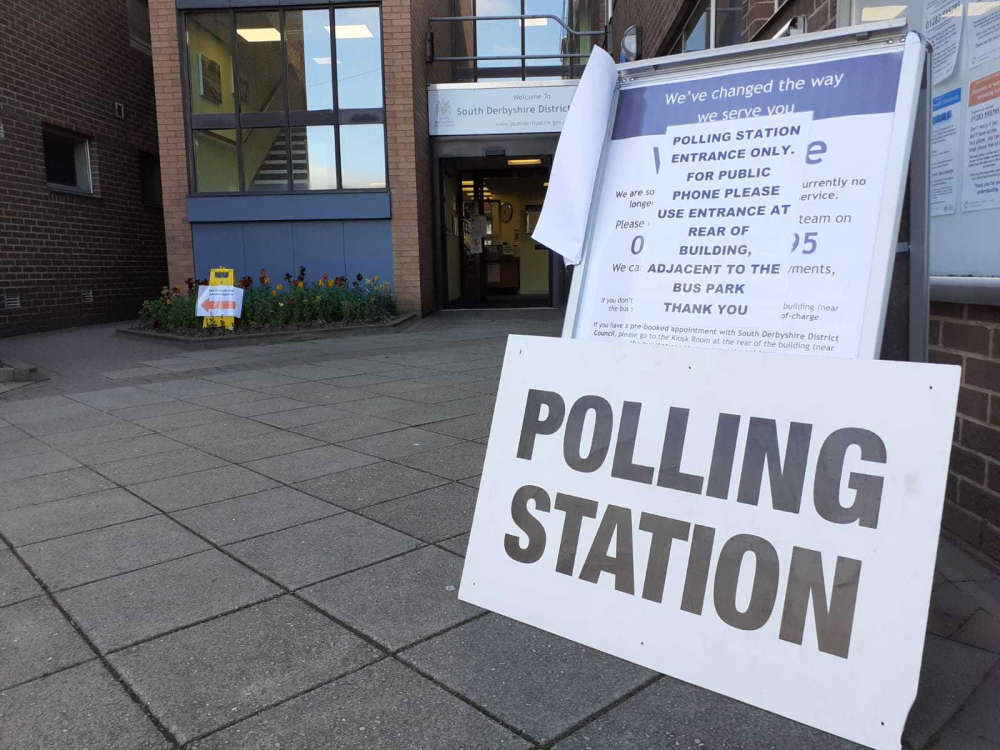
When traumatic and frightening events make headline news, it is important to consider how and what to communicate to children and young people. This is the advice being offered by local charity Treetops Hospice as the war in Ukraine continues and Covid cases increase once again.
Since the start of the Covid pandemic, Treetops has seen a significant increase in referrals of bereaved children and young people affected by traumatic events. Counselling staff and volunteers at Treetops have received specialist training to ensure their service is more trauma-informed going forward.
Jules Kirk, Head of Childrens Services, explained that large-scale tragedies can be extremely disturbing to children, especially those whove experienced their own tragedy. She said: It is hard for children to avoid over-exposure to traumatic events if information is broadcast repeatedly on the news, shared on social media, or is a frequent topic of discussion in playgrounds.
Children and young people thrive on predictability and security, so when they hear about tragic events, they often link these to their own lives and worry that something similar will happen to them, or their loved ones.
Children also carefully watch the adults around them to see how serious events are and how worried they should be. As a consequence, they can often adopt the same fears and anxieties as their parents."
Reassuring children that they are safe, that they will always be protected and be taken care of, is of the utmost importance, Jules continued: "It is important to think about how and what to communicate, and answer childrens questions. These can indicate what your child is worried about and gauge their level of understanding. Give truthful explanations that make sense of the main facts and are appropriate for their age.
Other advice that the hospice is sharing includes:
Sometimes children may show distress through displaying provocative or angry behavior. You can help your child by setting limits on behaviour, which in turn can help them to feel safe and secure. You could encourage them to express their feelings in words or through creative ways through drawing pictures or making a collage of their feelingsMaintain normal routines as much as possible. This is reassuring during times of stress. Children find comfort and safety in the routines and structures of their everyday livesGive children the opportunity to express their thoughts and feelings. Dont minimize their fear or concerns. Their anxiety is a way of them telling you they are scared. Demonstrate and tell them that feeling sad, angry, confused, or upset is normal after frightening events and that it is okay to feel this wayTry to limit your childs exposure to media images on television or on social mediaWith younger children, stick to short simple answers to their questions and wait to see what happens next. If they repeat the same question again, they havent understood your answer. If they ask a follow up question, they want to know more, so keep talking. If they change the subject, then the information you have given is enough for now.The specialist trauma training has been funded by BBC Children in Need. Treetops counselling service has also developed trauma toolkits for children which include practical ways to help the cope with their feelings and emotions in their everyday lives. Children are being taught how to recognise their own reactions and emotional triggers, and how to regulate these.
Treetops Hospice counsellors support children, young people and adults impacted by bereavement. Last year, the hospice provided over 3,100 bereavement counselling sessions, including over 1,000 sessions for children and young people,
For further information, contact Treetops on 0115 949 6944 or go to www.treetops.org.uk

 Derbyshire Police detail extent of blank firing guns and ammunition handed in during amnesty
Derbyshire Police detail extent of blank firing guns and ammunition handed in during amnesty
 May County Council election candidates announced for Erewash
May County Council election candidates announced for Erewash
 County council candidates revealed
County council candidates revealed
 Man charged in connection with robbery in Ilkeston
Man charged in connection with robbery in Ilkeston




